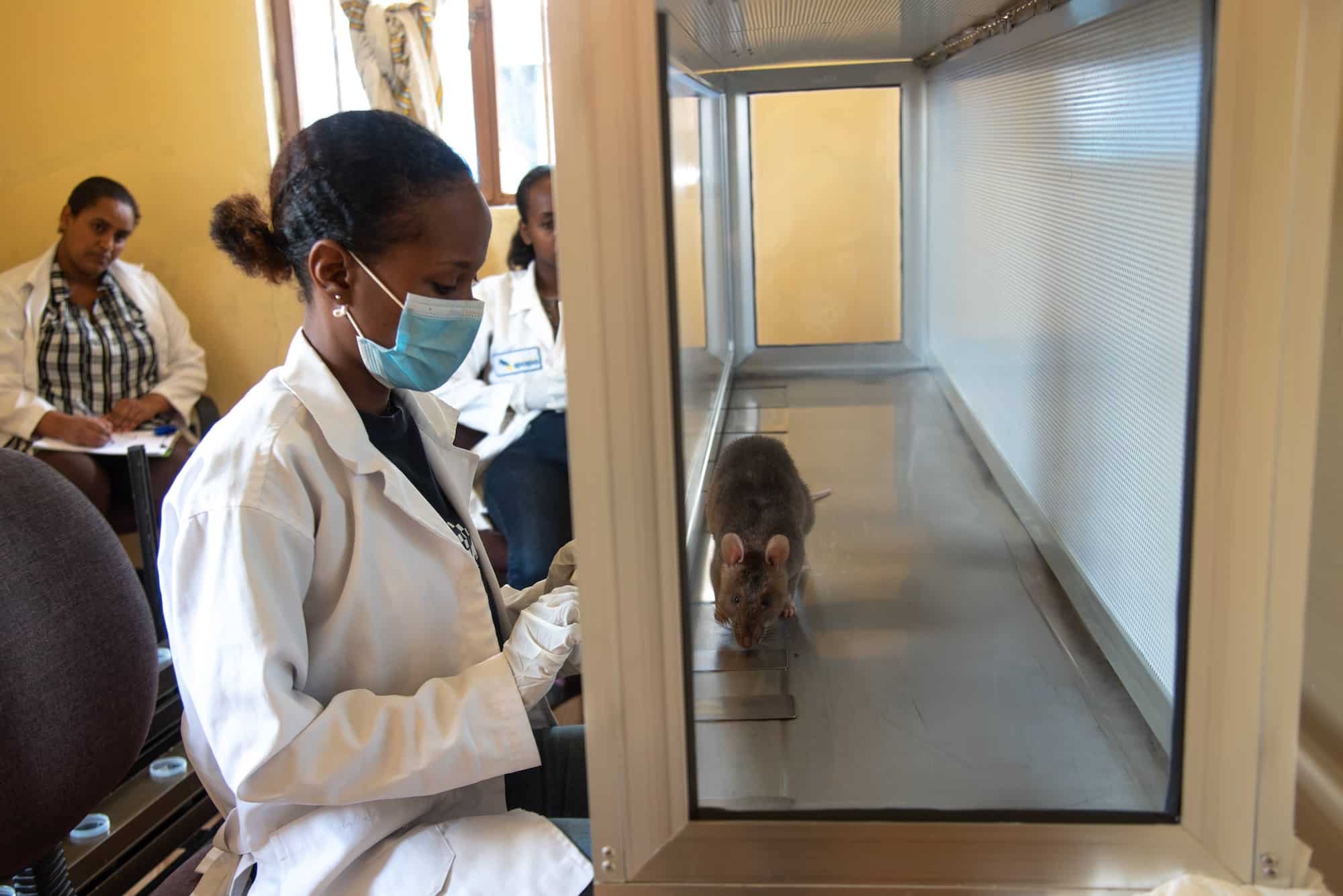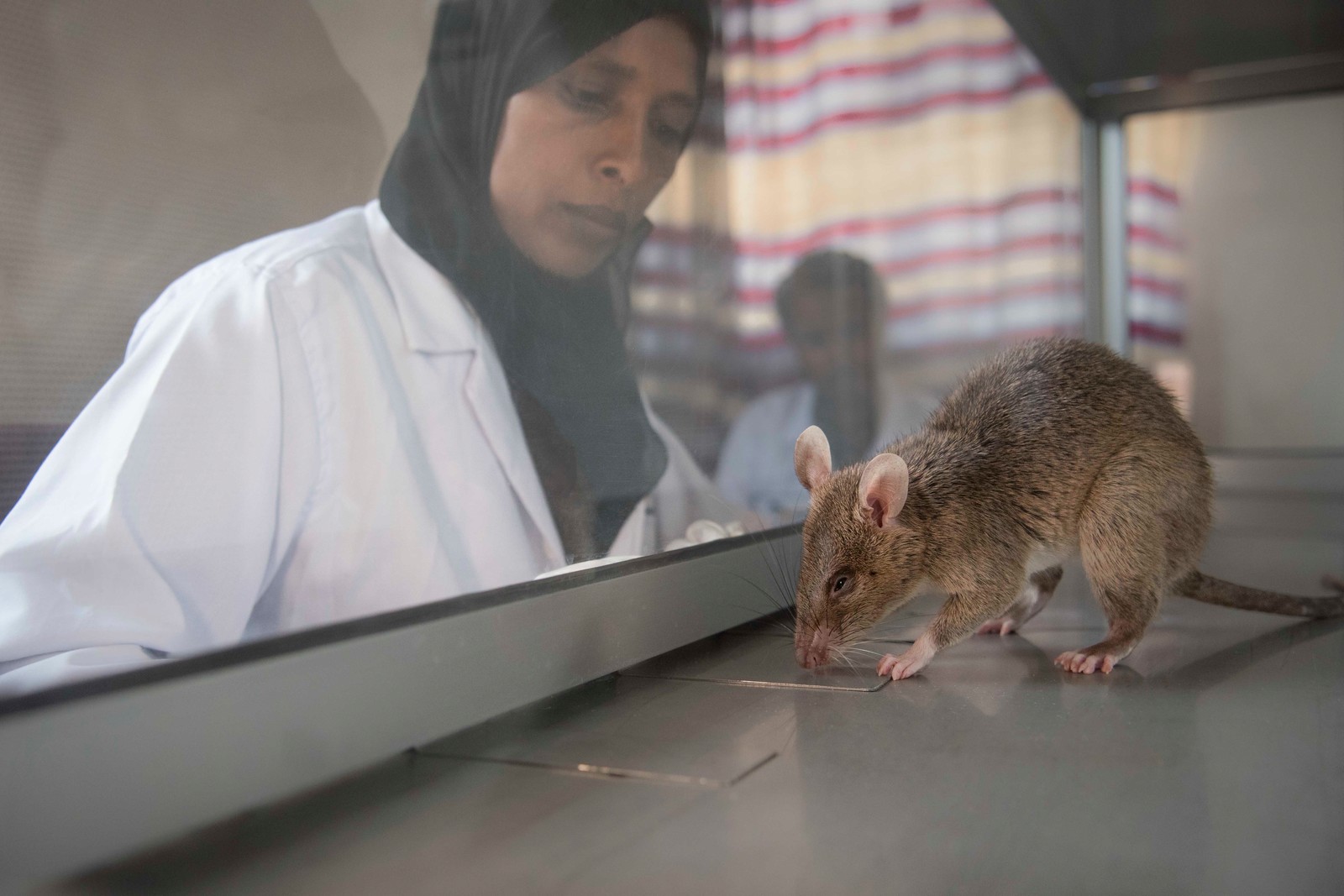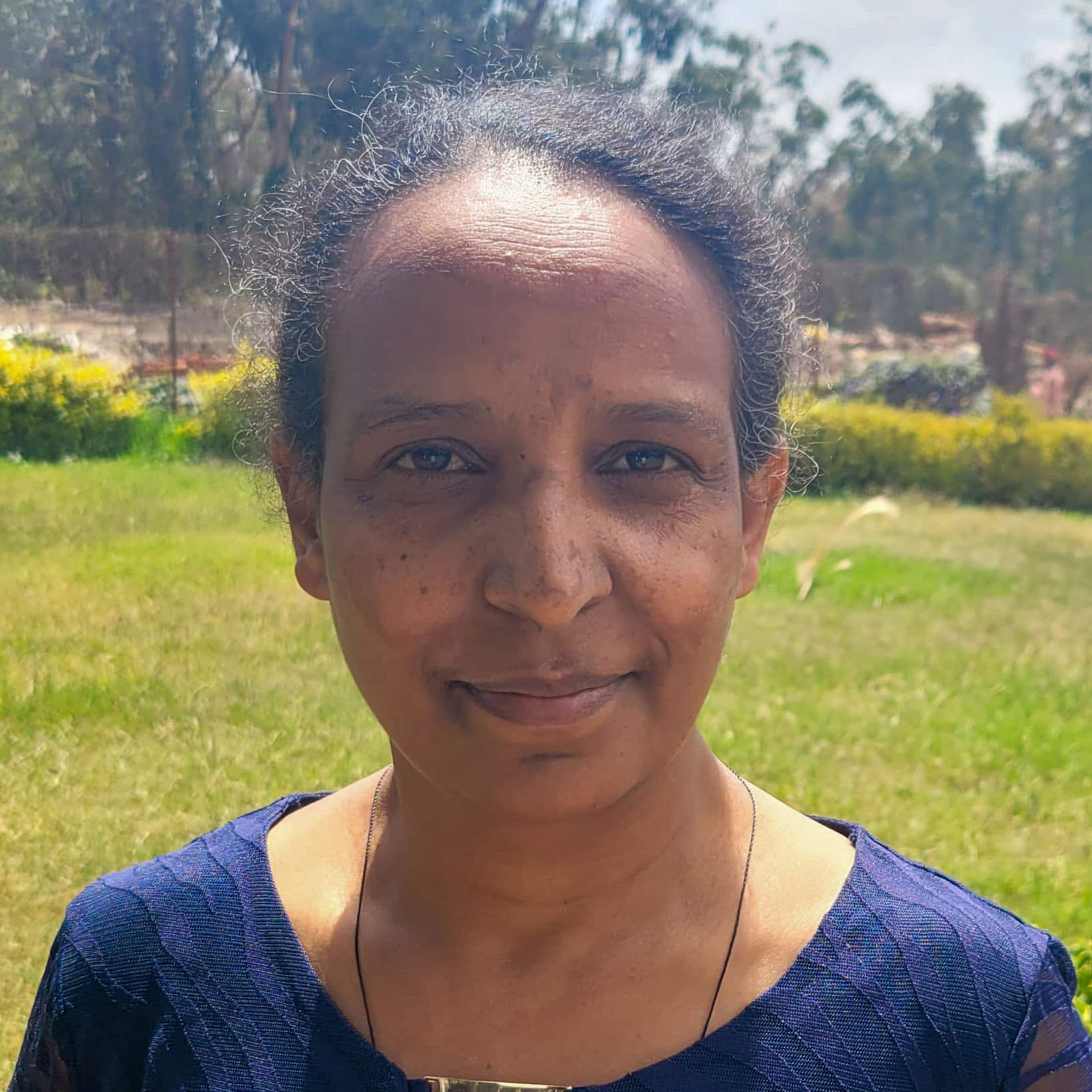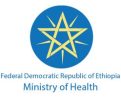Since 2018, APOPO has been partnering with the Armauer Hansen Research Institute (AHRI), the Addis Ababa City Administration Health Bureau (AACAHB), and the National TB Control Program (NTP) to help Ethiopia find and treat more cases of tuberculosis (TB).
Using our trained TB detection rats alongside internationally recognized laboratory confirmation methods, APOPO retests sputum samples from health centers in Addis Ababa. Many of these patients had already been declared negative by their clinics. Our approach consistently identifies large numbers of “missed” TB cases, ensuring that more people are linked to lifesaving treatment and fewer continue to spread the disease unknowingly.
Background
The TB prevalence in sub-Saharan Africa is very high compared with the rest of the world. Ethiopia is among the 30 high TB-burden countries with an incidence of 146 cases per 100,000 capita. Like in other African countries, co-infection with HIV is an important factor, reaching 23% in the capital city, Addis Ababa.
As globally recommended by the WHO, DOTS (Directly Observed Treatment, Short Course) is one of the most important components of the National TB strategy in Ethiopia. In addition to DOTS, community-based TB care and control interventions have been implemented through Health Extension Program. Despite the implementation of these strategies, the TB case detection rate remains below 50%. One of the main reasons is the lack of a simple, fast and accurate diagnostic method.
APOPO Tuberculosis Project

Over the years, APOPO has also carried out targeted mass screenings among vulnerable populations including prison communities, urban poor households, high-risk workers, and people in temporary shelters. Together with local authorities and partners. Beyond Addis Ababa clinics and prisons, APOPO has also extended its work to vulnerable communities through the RUPAA project (Reaching the Unreached Urban Poor Population of Addis Ababa). This initiative delivers TB education, trains health workers, and screens high-risk groups including weavers, shoemakers, orphans, and people in temporary shelters.
Our Impact in Ethiopia
- More than 111,000 sputum samples from patients screened since 2018
- Thousands of additional TB patients diagnosed who would otherwise have been missed
- Hundreds of health professionals trained in TB screening and community engagement
- Tens of thousands of people in vulnerable communities reached with TB education and testing
- Rifampicin-resistant TB cases detected early and linked to care











